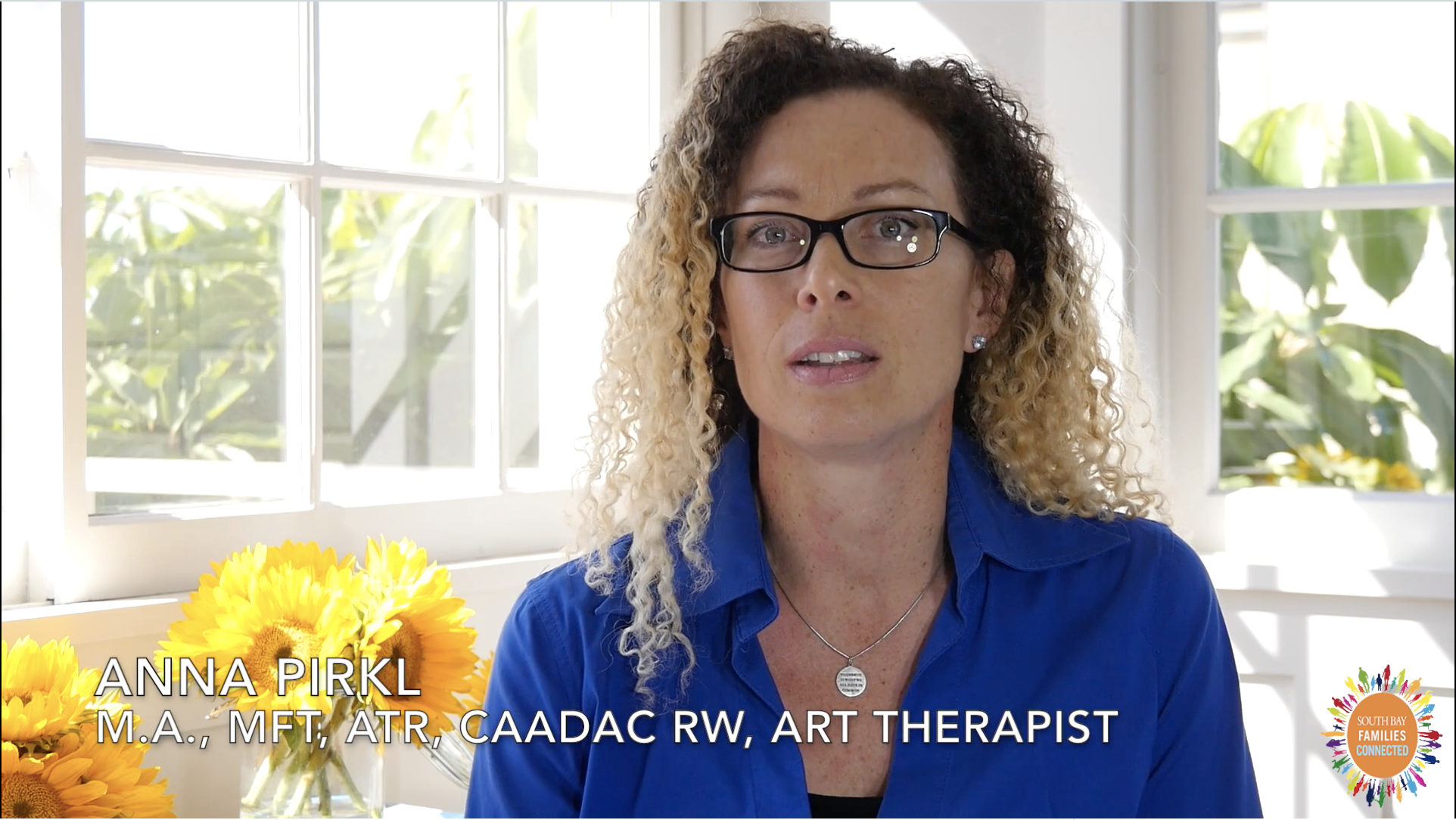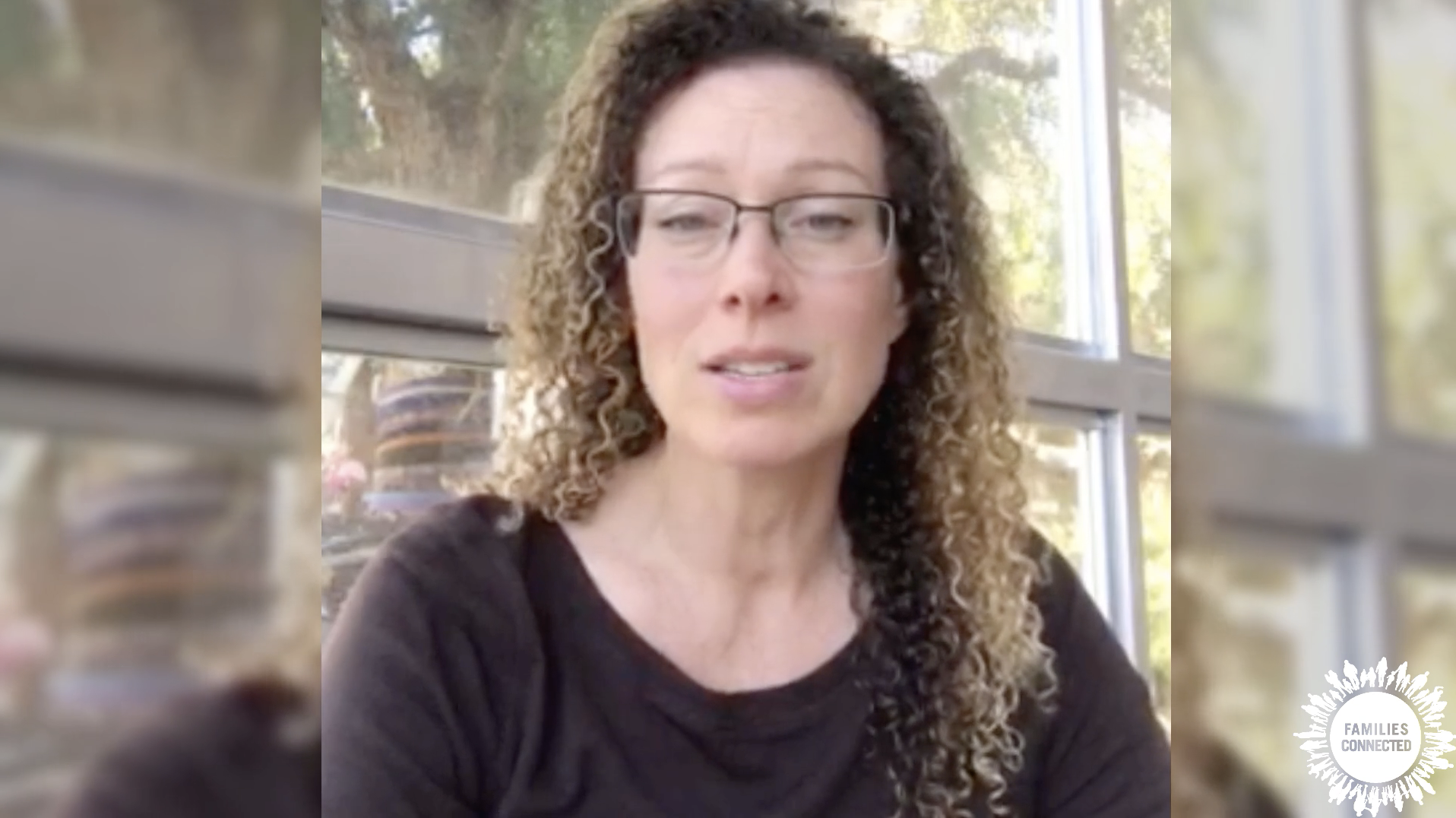This page was created to support families at our 115 Partner Schools by connecting them with trusted resources and information to support their children after a traumatic event. We continually update this resource page with trusted resources, expert advice and informative articles.
Families Connected Resources
Featured video - traumatic events communication strategies and insight for parents
Anna Pirkl, M.A., MFT, ATR, LAADC shares tips for coping with traumatic events.
Anna Pirkl, M.A., MFT, ATR, LAADC shares tips for parenting through adversity.
Tips for parents in handling tragic events
Limit their exposure to breaking news.
Pick a quiet moment and start the conversation by asking what kids have heard and how they're feeling.
Give facts and context: let kids know that most scary news events are rare.
When they ask why something happened, avoid labels like "bad guys."
Encourage kids to process the story through play, art, or even video.
Seek out help from your school and community resources.
Curated National Resources
National articles
Helping Children Cope After Traumatic Events (Child Mind Institute)
Explaining the News to Our Kids (Common Sense Media)
Talking with Your Children About Tragic Events (The Dougy Center)
Talking to Children About Violence: Tips for Parents and Teachers (National Association of School Psychologists)
Explaining the News to Our Kids (Common Sense Media)
How to Talk to Kids About Violence, Crime, and War (Common Sense Media)
Helping Your Children Manage Distress in the Aftermath of a Shooting (American Psychological Association)
What Parents Can Do to Aid Scared Kids in Processing Grief and Fear in a Healthy Way (Child Mind Institute)
Nine Tips for Talking to Kids About Trauma (Greater Good Science Center)
Recommended national resources and guides
We highly recommend the American Psychological Association's website for timely content that can help us as parents talk with our children about tragedy and manage distress.
This outstanding PDF from SAMHSA provides parents, caregivers and teachers tips for talking with and helping children and youth cope after a disaster or traumatic event. It is broken out in age ranges 0-5 and 6-19. Also visit this link for helpful hotlines and national resources.
The National Child Traumatic Stress Network resource page provides visitors with a list of catastrophic mass violence resources and helpful insight for parents and caregivers.
Access Child Mind Institute’s free downloadable trauma resources on this site and a resource page entitled Responding to Traumatic Events.
The Anti-Defamation League offers Table Talk: Family Conversations About Current Events, among other helpful resources.
Related Families Connected Resources
Related resources for parents
Resources for teens
For More Youth Wellness Resources, Visit:
For South Bay parents and caregivers
Go to the South Bay Families Connected landing page to view local events, the Teen Resource Center, to sign-up for the SBFC monthly parent e-newsletter, and more.
For parents and caregivers in the U.S.A.
Visit the Families Connected landing page for non-region-specific, free youth wellness online resources.










